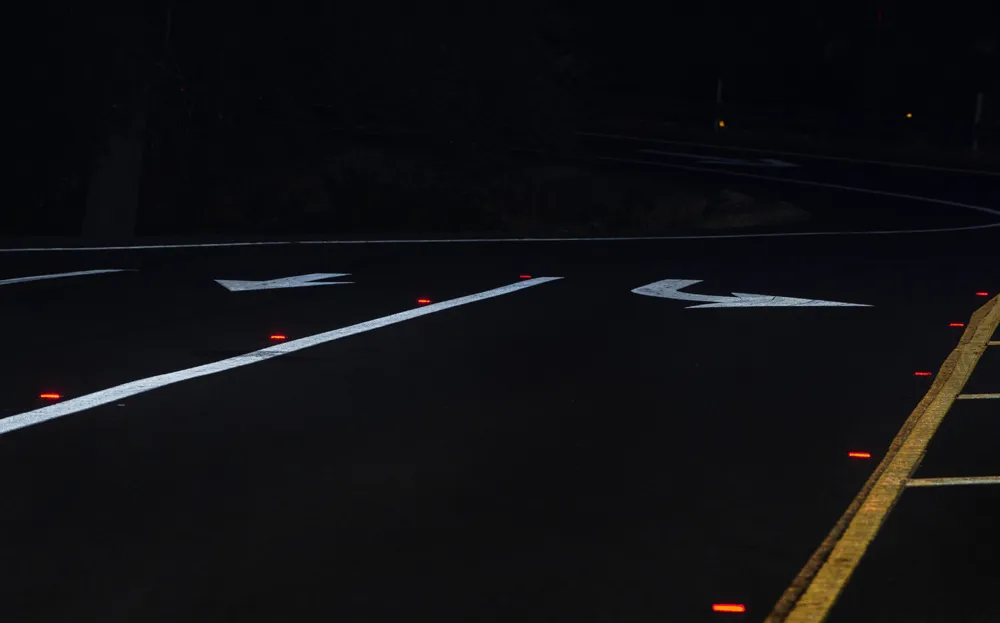Concern is being expressed for the safety of young drivers. Statistics both from the US and the UK reveal the shockingly high risk of young drivers being involved in crashes. They also reveal that young drivers are a danger not only to themselves, but to other road users as well as the occupants of their own vehicles.
The latest figures from the UK show that 2,088 young drivers and passengers aged from 17-24 were killed and seriously injured in just one year. Although the data shows that drivers aged fro
May 24, 2016
Read time: 3 mins
Concern is being expressed for the safety of young drivers. Statistics both from the US and the UK reveal the shockingly high risk of young drivers being involved in crashes. They also reveal that young drivers are a danger not only to themselves, but to other road users as well as the occupants of their own vehicles.
The latest figures from the UK show that 2,088 young drivers and passengers aged from 17-24 were killed and seriously injured in just one year. Although the data shows that drivers aged from 17-19 make up just 1.5% of those holding a UK licence, they account for 9% of fatal crashes.
Meanwhile data compiled by the4796 AAA in the US shows that car crashes are the leading cause of deaths of teenagers in the country. In 2013, there were 988 deaths of drivers aged from 15-19 in the US. The AAA data also reveals that for every teenaged driver killed in a crash, on average two other people are also killed either in their vehicle or another. The AAA points out that the inexperience and lack of maturity of teenaged drivers combines to make them at particular risk, and also a risk to others.
Road safety body3963 Brake in the UK has studied the topic also and come up with broadly similar results for young drivers in the UK. Brake’s research shows too that many people in the UK believe restrictions should be placed on young drivers to help minimise the risks, such as having graduated licensing or a zero-tolerance drink-drive limit for novice drivers.
According to Brake’s research, half of those asked think that there should be a restriction on car engine sizes for new drivers, and more than a third of people think that a newly qualified driver should lose their licence if they break any traffic laws during their first year on the road.
Some 79% of those questioned said they think there should be a minimum time frame for learning to drive, and almost two thirds (62%) think that should be at least six months.
Some 75% of those asked in Brake’s survey said they think there should be a requirement for a minimum number of taught hours before learner drivers are allowed to take their practical test. Half of those questioned (50%) said they think people should have at least 35 hours of driving lessons before taking their on-the-road test.
Research shows that the combination of youth and inexperience puts younger drivers at high risk. Their inexperience means they have less ability to spot hazards, and their youth means they are particularly likely to take risks. In this way, crash risk not only reduces over time with experience but is also higher for those who start driving at a younger age.
However there is evidence that shows changes to how people learn to drive and restrictions on newly qualified drivers can have a huge impact on road safety. Research for the UK’s5432 Department for Transport (DfT) shows the large number of young drivers involved in crashes as a public health risk An analysis of DfT figures suggests that 4,471 casualties and £224 million pounds could be saved in in the UK/year if a graduated licencing system were brought in for novice drivers aged 17-19.
There is a broad improvement in safety too though. Statistics from the AAA in the US shows that the number of teenagers killed in road crashes is 56% of the rate in 1994, while the number of crashes has been halved.
The latest figures from the UK show that 2,088 young drivers and passengers aged from 17-24 were killed and seriously injured in just one year. Although the data shows that drivers aged from 17-19 make up just 1.5% of those holding a UK licence, they account for 9% of fatal crashes.
Meanwhile data compiled by the
Road safety body
According to Brake’s research, half of those asked think that there should be a restriction on car engine sizes for new drivers, and more than a third of people think that a newly qualified driver should lose their licence if they break any traffic laws during their first year on the road.
Some 79% of those questioned said they think there should be a minimum time frame for learning to drive, and almost two thirds (62%) think that should be at least six months.
Some 75% of those asked in Brake’s survey said they think there should be a requirement for a minimum number of taught hours before learner drivers are allowed to take their practical test. Half of those questioned (50%) said they think people should have at least 35 hours of driving lessons before taking their on-the-road test.
Research shows that the combination of youth and inexperience puts younger drivers at high risk. Their inexperience means they have less ability to spot hazards, and their youth means they are particularly likely to take risks. In this way, crash risk not only reduces over time with experience but is also higher for those who start driving at a younger age.
However there is evidence that shows changes to how people learn to drive and restrictions on newly qualified drivers can have a huge impact on road safety. Research for the UK’s
There is a broad improvement in safety too though. Statistics from the AAA in the US shows that the number of teenagers killed in road crashes is 56% of the rate in 1994, while the number of crashes has been halved.









